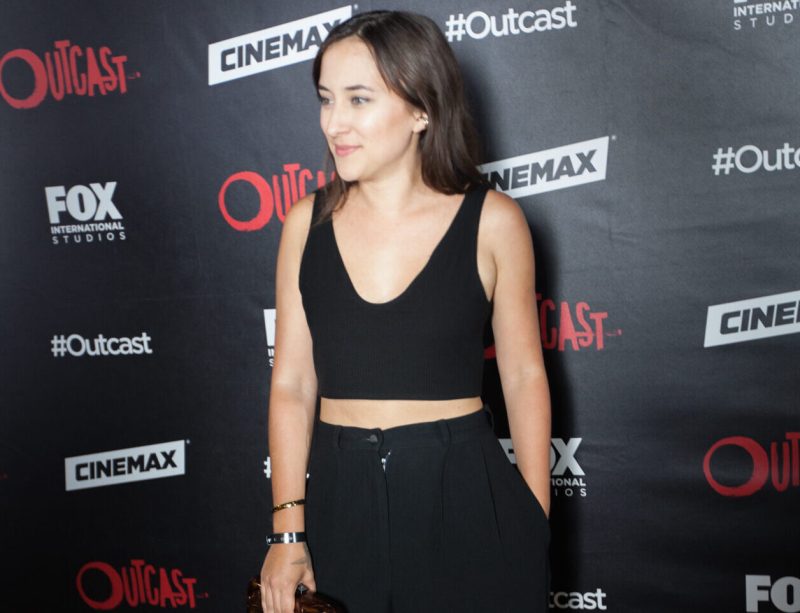In a recent wave of technological advancements, artificial intelligence (AI) has taken a deep dive into the realm of entertainment. One of the most controversial developments is the recreation of deceased celebrities through AI, a trend that has garnered both fascination and criticism. One critic— Zelda Williams, the daughter of the late comedic legend Robin Williams.
She has recently spoken out against AI recreations of her father on her Instagram‘s story (no longer displayed).

In a heartfelt statement, she emphasized the importance of respecting her father’s memory and the emotional toll such recreations can take on her family. “It’s hard enough to cope with the loss of a loved one without being constantly reminded of their absence through AI versions of them,” she remarked.
Many agree with her concerns about how invasive and unsettling it is for the families and fans who grieve their loss. However, some argue that these recreations can keep the legacies of celebrities alive for future generations to enjoy.
Zelda’s plea highlights the need for a thoughtful and sensitive approach to the use of AI in recreating deceased celebrities. As technology continues to blur the lines between reality and artificiality, society must grapple with the consequences and implications of such advancements. A dilemma that Tom Hanks is also having conflict with.
Recently, he took to Instagram to express his concerns about AI’s intrusion. In a warning to his followers, Hanks pointed out that an AI-generated version of himself had been featured in a video endorsing a dental product.

In his post, he wrote, “BEWARE! There’s a video out there promoting some dental plan with an AI version of me. I have nothing to do with it.”
As AI continues to grow in prominence, this concern may become even more pressing for other celebrities. Balancing innovation with respect for the feelings and rights of others is a challenge that demands careful consideration and dialogue in the years to come.
